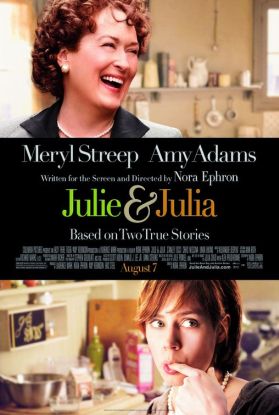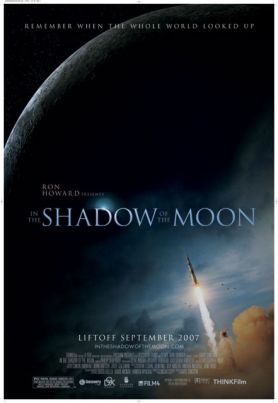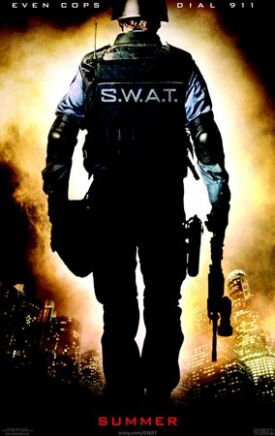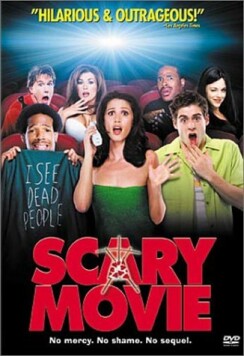Requiem for a Dream
Requiem for a Dream, directed by Darren Aronofsky (Pi) from a
script he wrote with Hubert Selby, Jr. (Last Exit to Brooklyn) and based
on the latter’s novel, has a promising
beginning. We see Harry Goldfarb (Jared Leto) stealing his own
mother’s television set in order to
pawn it for drug money. His mother, Sara Goldfarb (Ellen Burstyn), locks herself
in a closet and begs him not to do it, more for his sake than for that of her
TV. “Why you gotta make me feel so
guilty, ma?” says Harry, and then
curses her because the set is chained to the radiator. She hastily assures him
that “The chain
isn’t for you;
it’s for the
robbers” and slips the key under the
closet door for him. “Come on
out,” he says.
“Please,
ma?” But she only huddles down more
and carries on an imaginary conversation with her late husband, Seymour, telling
him that
“It’ll
be all right in the end.”
“F***
it!” says Harry, and wheels the TV out
with the help of his friend, Tyrone (Marlon Wayans). Together they walk it
through the streets of Brooklyn to what looks like a stall at a street market,
where they sell it to Mr. Rabinowitz. Later Sara comes down to buy it back. This
is apparently a familiar routine by now to Mr Rabinowitz.
“You should tell the
police,” he advises Sara.
“He
wouldn’t be stealing no more the
TV.”
“I
can’t do
that,” insists Sara.
“He’s
my only son.”
So far so good. It is a riveting little vignette and sets us up for what
ought to have been a fascinating exploration of the relationship between son and
mother as the core of the film. But although there is some of this, it is too
little and too late, consisting really of only one scene in which Harry visits
her without stealing the television, telling her
he’s sorry and wants to make it up to
her by buying her a new, big-screen television from
Macy’s.
He’s into drug dealing by this time
and temporarily flush. He tells mom
he’s working for a big importer. She
is overjoyed. But Aronofsky doesn’t
know where to go with the relationship from here, and the rest of the film goes
off on several tangents, none of which is remotely as interesting as what we are
presented with at the start.
There is, for example, Harry’s
relationship with the beautiful Marion (Jennifer Connolly), for instance, whom
his mother thinks a respectable girl from a wealthy family but who is a junkie
like himself. She ends up prostituting herself (with
Harry’s connivance) for drug money.
Then there is Harry’s and
Tyrone’s business venture in
partnership with a drug dealer called Brodie, which brings them in a lot of
money until the enterprise ends abruptly as Brodie is killed by the mafia.
Finally, there is Sara’s fantasy life,
which is centered on a TV game cum self-improvement show of some sort
featuring “Tappy
Tibbons” (Christopher McDonald) and a
raucous studio audience. Sara comes to believe that she is to be a guest on the
show and gets hooked on diet pills as she tries to lose enough weight so that
she can fit into her red dress.
Are you beginning to see a pattern here? It is almost as if the movie had
been made as an anti-drug tract, so relentlessly does it semaphore its message
about the destructiveness of drugs and the self-destructiveness of those who use
them. Hm, seems to me I’ve heard that
somewhere before. There is lots of fancy quick-cutting in the
montage — powder being spilled, bill
rolled up, lighter lit, human pupil dilating, a faux-microscopic view of
cells being inundated — that invariably
accompanies the main characters’
snorting or shooting up, but the human dimension is neglected. It is lost, I
think, in the film’s obvious pleasure
at grossing us out about the consequences of drug use and in its failed attempt
to be subtle about the way in which TV is just another sort of drug. That, too,
sounds vaguely familiar. Miss Burstyn does a great job in the role of Sara, and
full marks to the other actors, but druggie intensity, whether of the chemical
or cathode-ray variety, is not enough to carry the movie.
Discover more from James Bowman
Subscribe to get the latest posts to your email.







